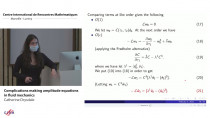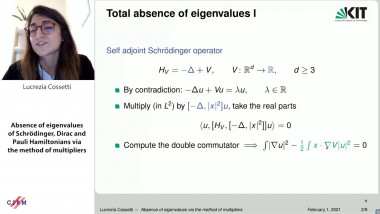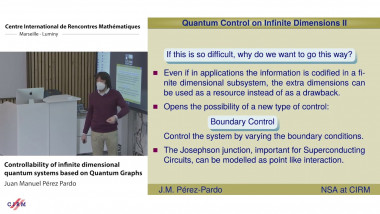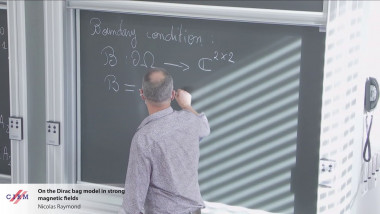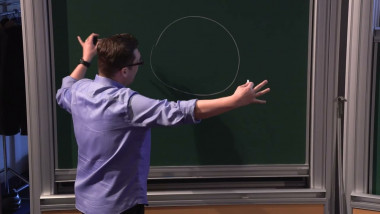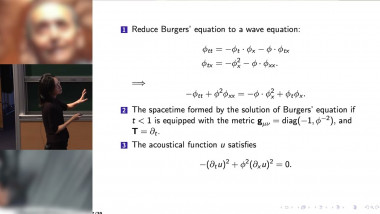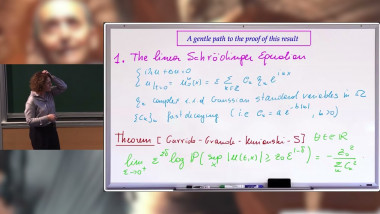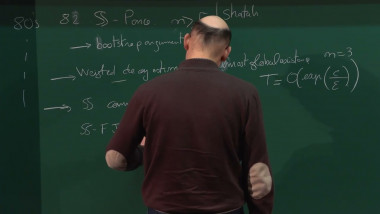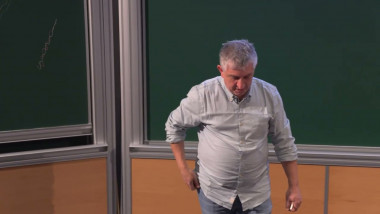Complications making amplitude equations in fluid mechanics
Owing to the interaction between modes, difficulties arise in creating amplitude equations where non-normality and nonlinearity is present in the original system. For example, if amplitude equations are made via weakly nonlinear analysis, then approximating via the critical mode only (least stable eigenvalue) does not work at higher orders where the mixing of the modes needs to be taken into consideration. However, using a different homogenisation technique, namely stochastic singular perturbation theory of authors like Papanicalaou , Blömker & al, where noise is applied to the stable modes only, then the linear operator in question is no longer non-self-adjoint. Although, the difficulty of the problem shifts to showing that we can use a Rigged Hilbert Space construction. If the original problem in a Hilbert space H. We force the main operator of our problem to be Hilbert-Schmidt by choosing our noise in a dense subspace S of H. We demonstrate this on the Complex-Ginsburg-Landau equation with cubic nonlinearity.











